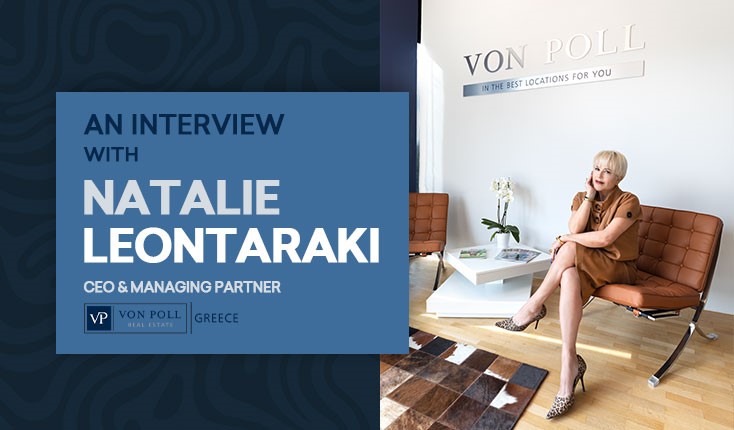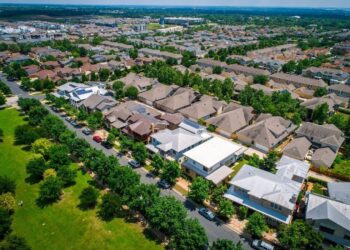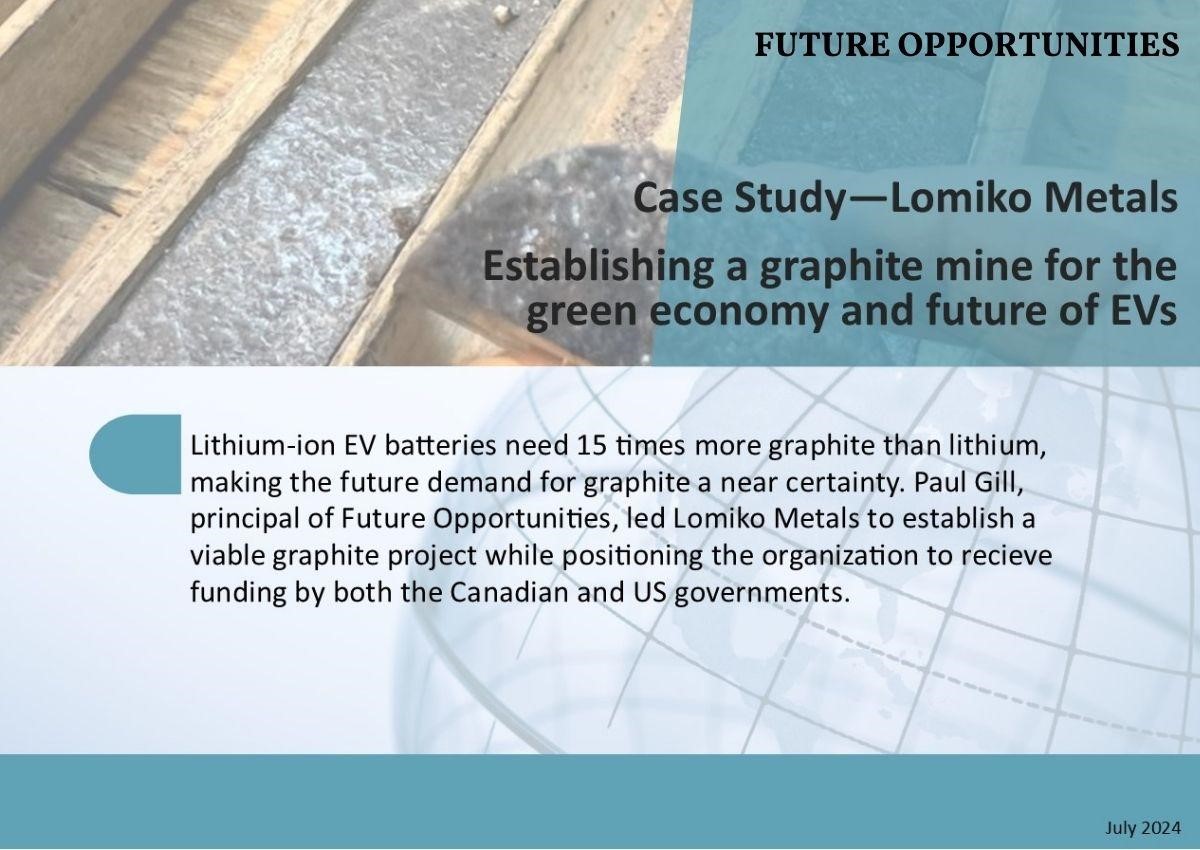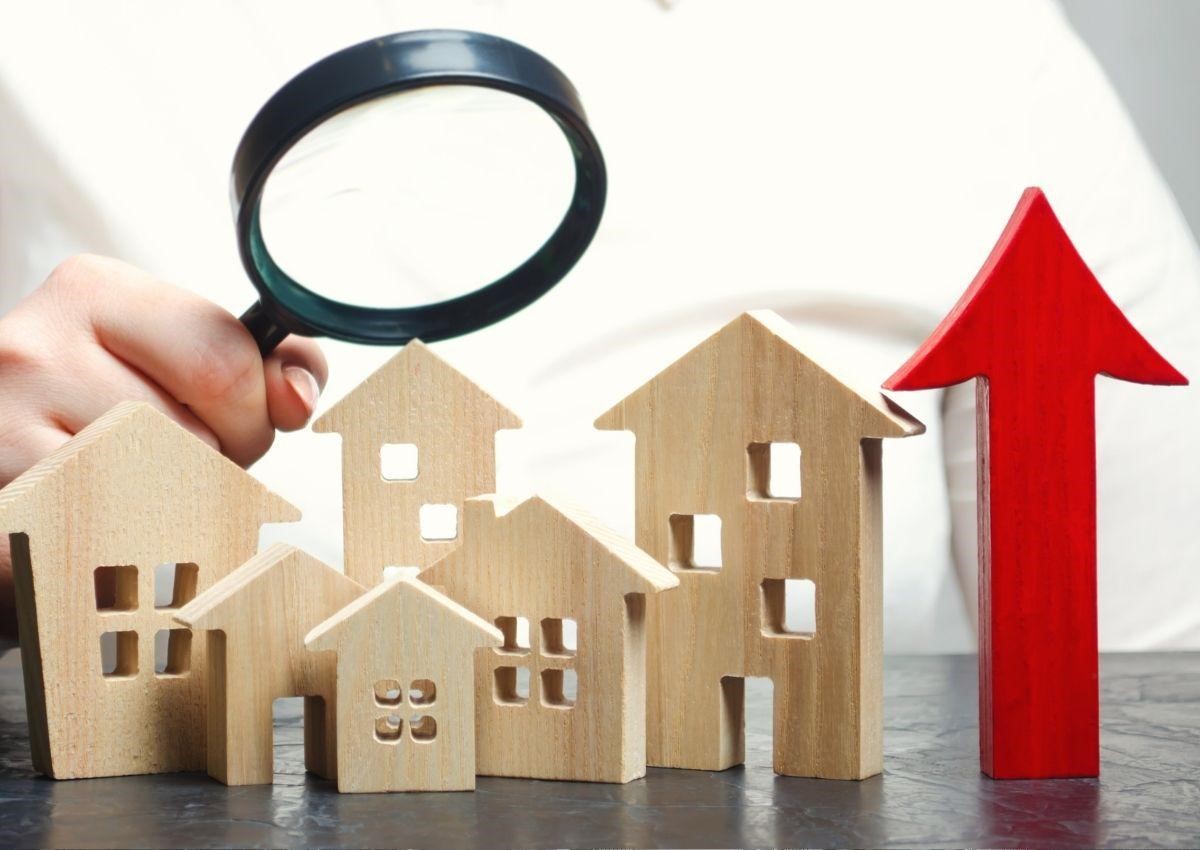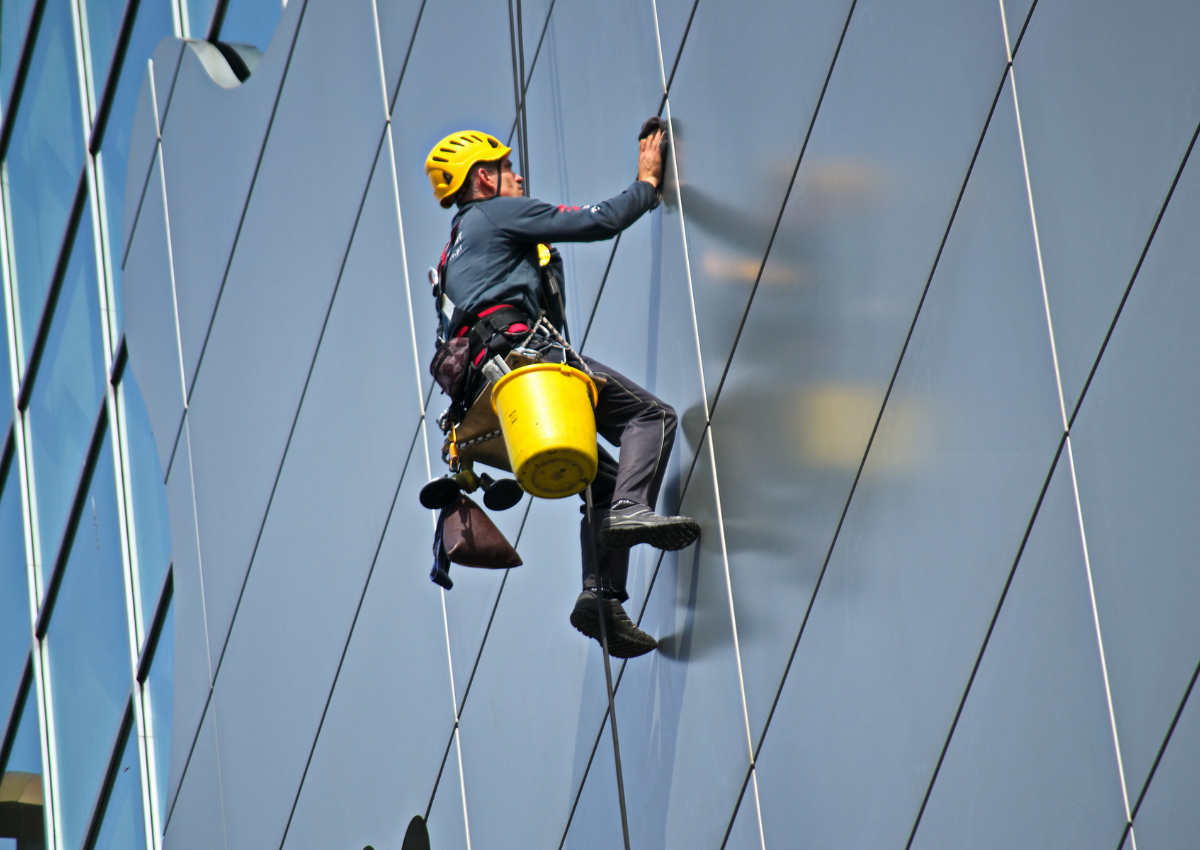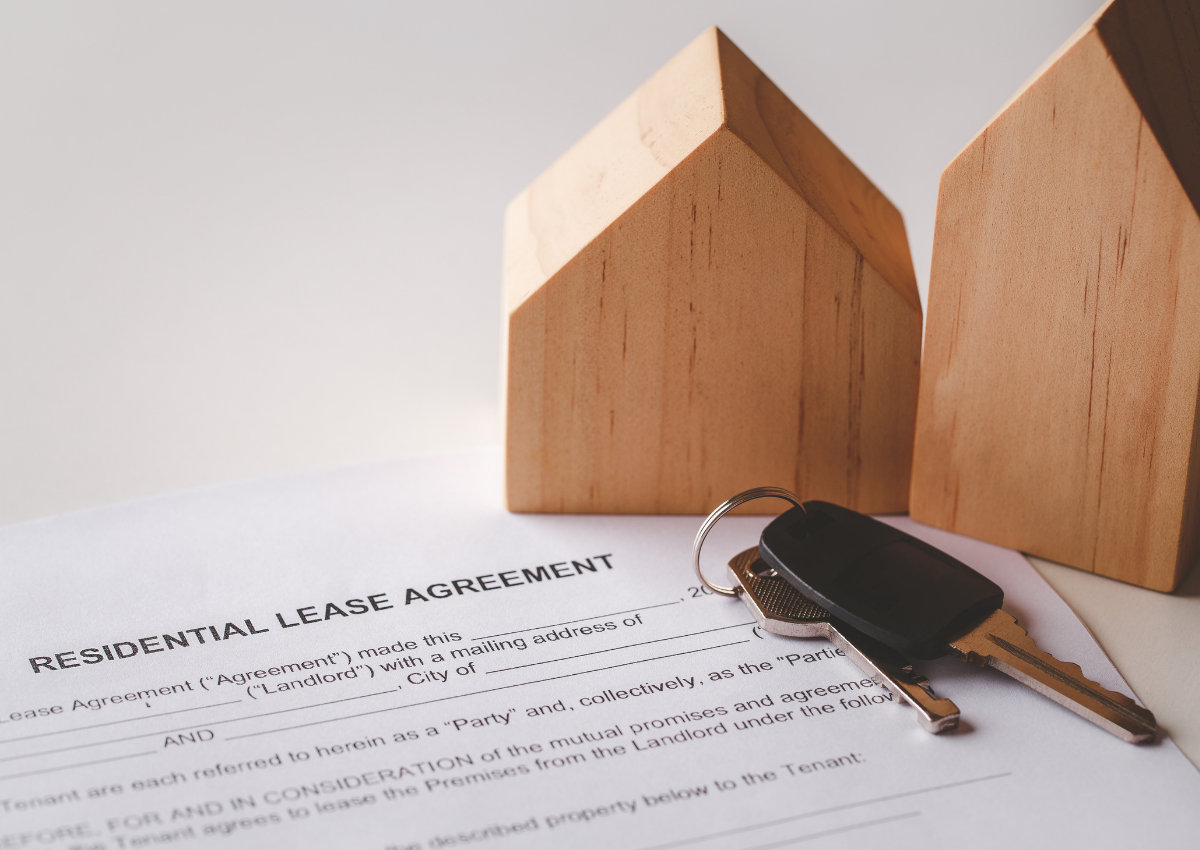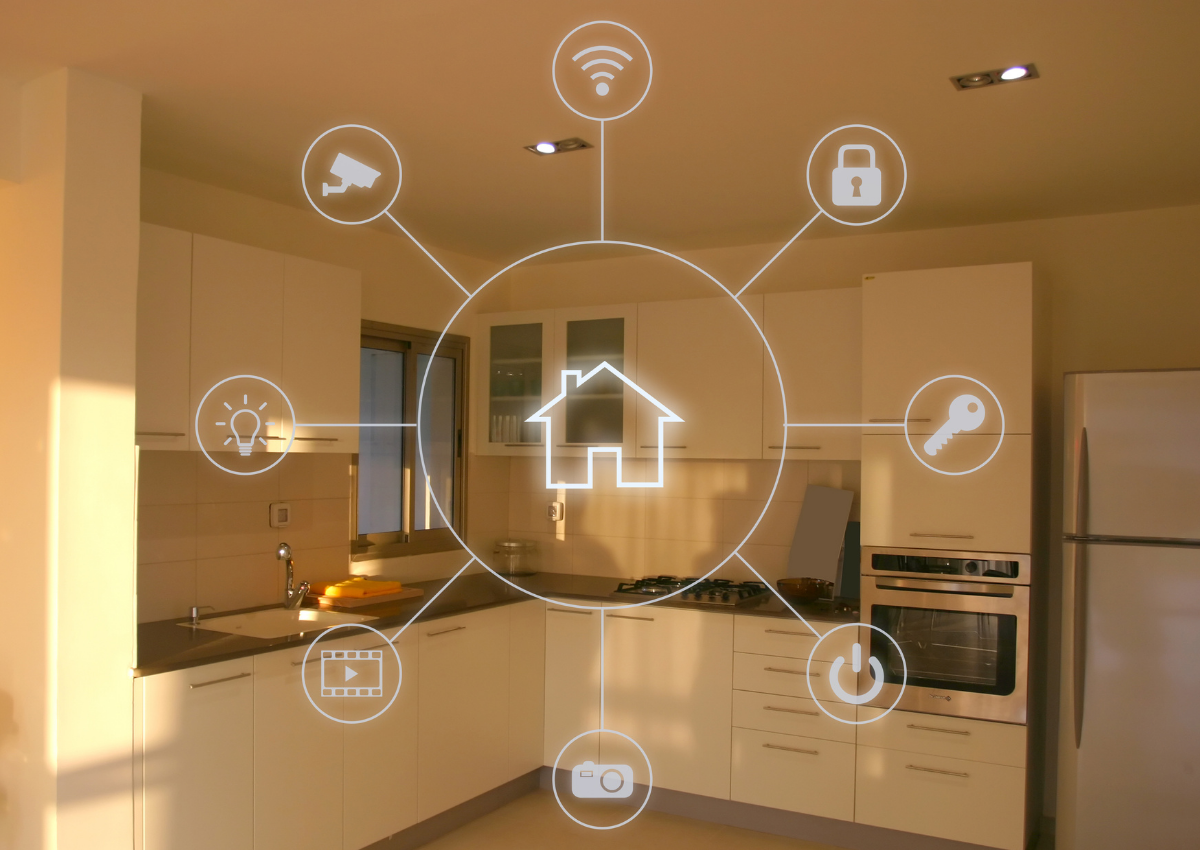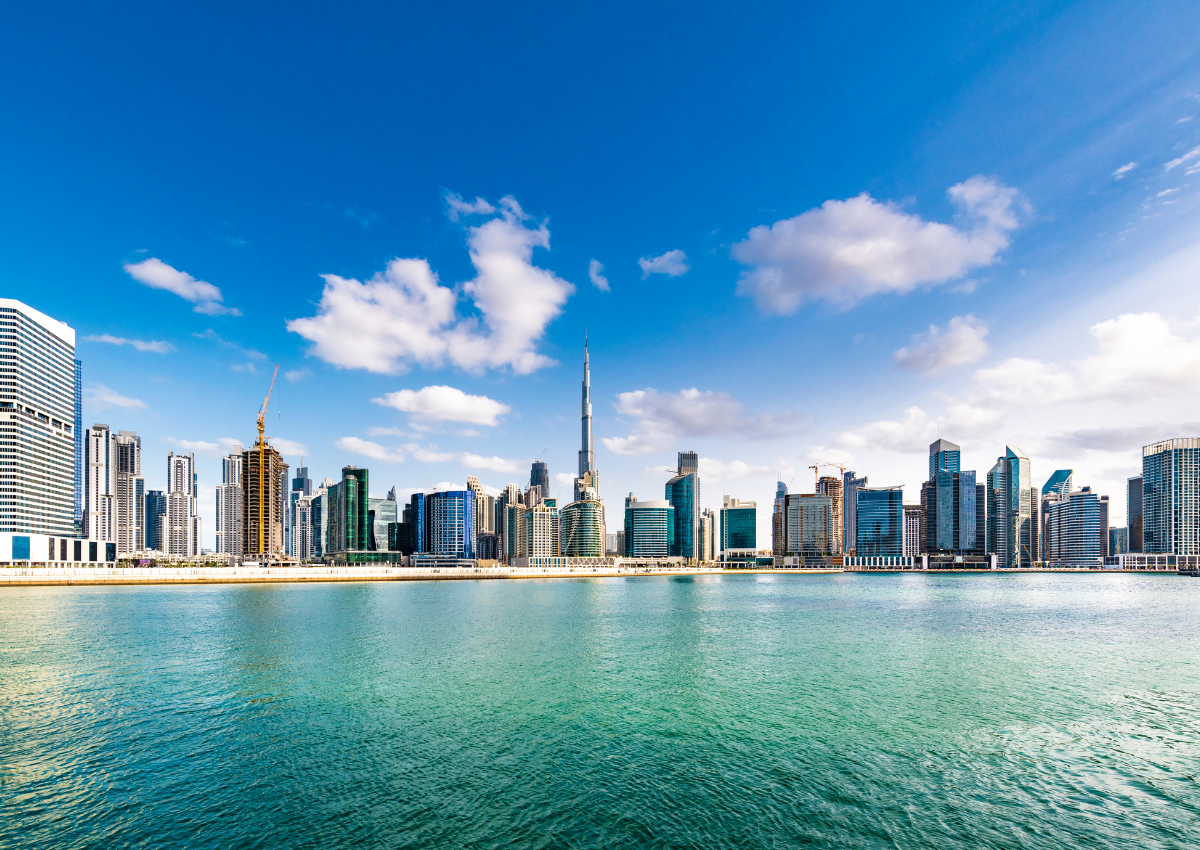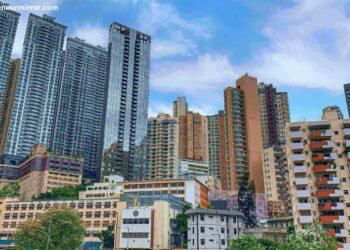One of the most impactful industries in the world is the real estate industry. This robust sector of society involves a lot of investment and reshapes the values and thoughts of individuals who invest in these properties. One of the recent practices that everyone is concerned about today is saving the Earth from further damage. And hence we all practice sustainability in some form or another. So much so is this concern paramount that a giant market like the real estate industry has also started considering it broadly. But the question is, can sustainability revolutionize the entire real estate industry? Know about these details in this post.
Why Is Sustainability Important To The Real Estate Sector?
Recent IPCC reports confirm that extreme weather conditions are a genuine threat that will occur sooner than you think. This poses an increased risk to the real estate industry, making it essential to invest in sustainable development. Sustainable buildings have the advantage of energy-efficient systems that result in lower operating costs and a longer lifespan, and developers and investors can profit from this kind of investment. So investing in environmentally friendly structures is wise because they require low maintenance and utility costs, ultimately leading to long-term profitability.
Consumers and tenants are also increasingly demanding sustainable structures. Eco-conscious buyers and tenants are more attracted to sustainable buildings and willing to pay more. A sustainable real estate project can also increase the property’s value, attract tenants who pay more rent, and lead to a higher return on investment.
Sustainable real estate development can also have a positive impact on the community. Green and public spaces are often incorporated into sustainable buildings because they promote a sense of neighborhood and encourage social interaction. Sustainable buildings also improve the health and well-being of building occupants by providing better indoor air quality and healthier living environments. Investors, landlords, and tenants are increasingly interested in sustainable development. The public, politicians, and investors increasingly push real estate groups to change their business models.
How Will Sustainability Revolutionise the Real Estate Industry
Carbon Footprint Reduction
Reduced carbon footprint is one of the primary aims of green and sustainable living. The residences have contemporary architectural aspects and renewable energy sources such as solar and wind. They also emphasize using energy-efficient lighting and appliances to minimize power usage and greenhouse gas emissions. The dwellings actively encourage low-carbon lifestyles and help to combat climate change.
Healthy Living Spaces
A greenhouse’s primary concern is the health and well-being of its occupants. They employ non-toxic, ecologically friendly construction materials to improve indoor air quality and minimize indoor air pollution. Natural light and plenty of airflow provide comfortable living areas while reducing the need for air conditioning and artificial lighting. Roof and vertical gardens may enhance air quality and provide a peaceful and vibrant ambiance, and they are frequently incorporated into greenhouses to provide people with sustainable lives.
Fostering Sustainable Community Development
Green and sustainable living has an influence that extends beyond the particular house. They promote the creation of sustainable neighborhoods and communities. Sustainable facilities and infrastructure, such as bike lanes, community gardens, and electric car charging stations, are valued by developers. These initiatives promote local environmental behavior, community involvement, and collective environmental responsibility.
Because the real estate business consumes a substantial amount of energy, energy efficiency, and renewable energy are critical to lowering carbon emissions. Sustainable development includes energy-efficient appliances, LED lighting, sophisticated heating, ventilation, and air conditioning systems. Furthermore, incorporating renewable energy sources into buildings, such as solar panels and wind turbines, can cut operational costs while providing additional energy.
Retrofitting and Adaptive Reuse
The sustainability movement encourages building retrofitting and adaptive reuse as an alternative to demolishing existing structures. This reduces resource waste while also preserving historical and cultural assets. As abandoned factories are turned into contemporary lofts and decaying office buildings are repurposed as vibrant mixed-use districts, there is less desire for new development.
Resilience and climate adaptation
Building resilience is crucial as the frequency and severity of extreme weather occurrences rise. Buildings that can survive natural disasters like hurricanes, floods, and earthquakes are increasingly crucial in sustainable real estate design. The sector comprises long-term climate change viability solutions, such as developing in flood-prone locations and incorporating smart technology into early warning systems.
Consumer Preferences Are Changing
Millennials and Generation Z, who are taking over the home market, are more aware of environmental concerns. When making real estate decisions, these generations give environmental aspects priority. As a result, to appeal to purchasers concerned about the environment, developers are integrating sustainable amenities and practices into their products. Considering this demand, the builders and real-estate project owners will have to concentrate on creating properties that are not harming Mother Earth in anyways.
Impact on Property Valuations
Being sustainable has financial ramifications and is a moral requirement. More excellent energy efficiency ratings and green certifications are typically rewarded with greater property values. Investors are beginning to understand that environmentally friendly properties offer appealing long-term investment opportunities. In the near future, only homes and properties with a conscious lifestyle, less energy consumption, and solar panels will get a high value in the real estate market.
Changes in Regulation and Policy
Governments worldwide implement regulations and laws encouraging the real estate sector to use sustainable methods. These regulations include it all, from tax rebates for energy-efficient construction to the need for using renewable energy sources. The industry is pushed to implement sustainable practices as a matter of compliance when regulatory frameworks change.
Initiatives for Collaboration
The real estate business has become more cooperative due to the sustainability revolution. Developers, architects, investors, and lawmakers work together to foster innovation and share best practices. Because of these collaborative endeavors, the industry’s adoption of sustainable technology and techniques is accelerating.
We are already viewing the effect of the green revolution leading to the transformation of the real estate business. With the increasing urgency of tackling climate change, the industry’s commitment to sustainability is both moral and practical for long-term success. By implementing sustainable practices, the real estate industry is well-positioned to play a significant role in constructing a more sustainable and resilient future.
Also Read:




